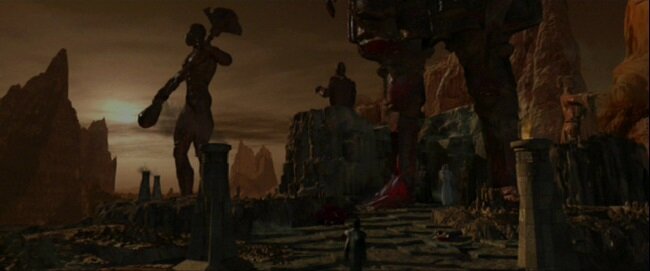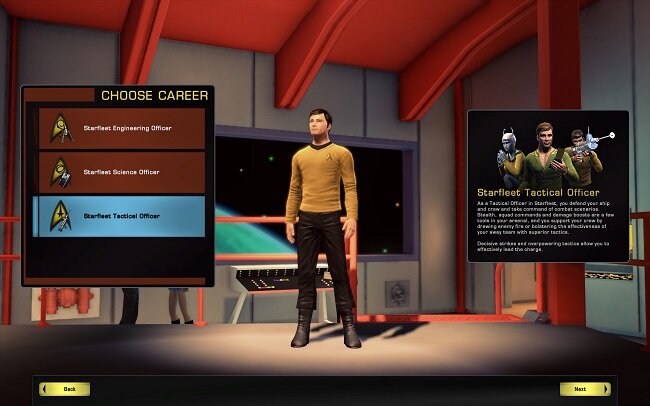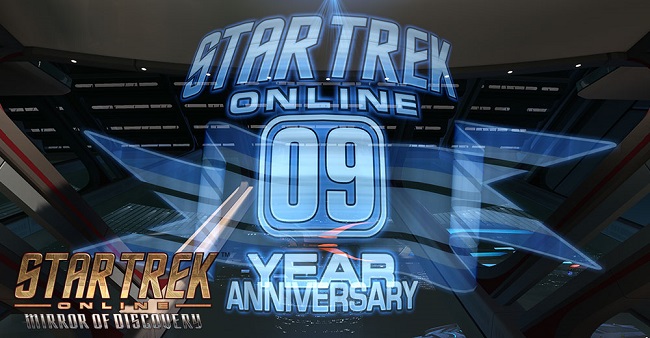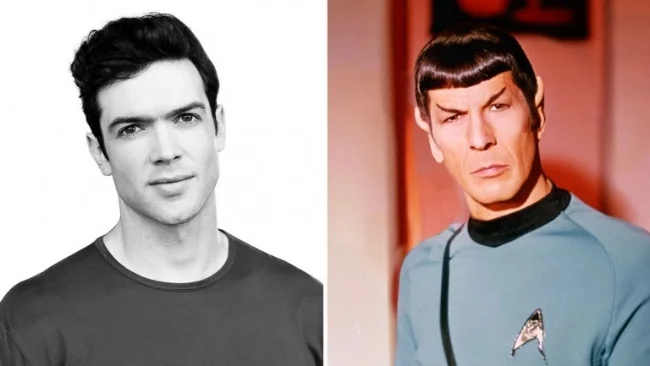The Center Seat: 55 years of Star Trek
Star Trek documentaries are very much like Bruce Lee documentaries, in so far as they’re both a saturated market and more often than not, new content frequently ends up covering the same ground. However, fans tend to watch anything new in the hope that they will find a few new nuggets of information. Brian Volk-Weiss’ new 11 part series, The Center Seat: 55 years of Star Trek, not only covers established facts about the iconic show but also expands upon them as well as providing a wealth of new information. Volk-Weiss has previously explored popular culture with documentaries such as The Toys That Made Us and The Movies That Made Us. The Center Seat: 55 years of Star Trek is an in-depth chronological study of the Star Trek franchise, from its creation at Desilu Productions in 1965 all the way through to the latest iterations, Star Trek: Picard and Star Trek: Discovery.
Part of what makes The Center Seat so enjoyable is that the 11 episodes, each running just under an hour, provides adequate time to explore the production history of each show and the various movies. The often overlooked Star Trek: The Animated Series gets an entire episode to itself as do each of the shows from the Rick Berman-era. The analysis of Star Trek: The Motion Picture is especially rigorous and does not shy away from the clash of egos between cast members, as well as the problematic writing process as Gene Roddenberry and Harold Livingston fought over the script. The show also takes the time to discuss the decision to have a title song, rather than a theme for Enterprise and the fact that to date, it still polarises opinion. Perhaps the most significant episode of The Center Seat is the first, which focuses on the importance of Lucille Ball. She used her industry leverage and wealth to get Star Trek made, backing not one but two pilot shows.
However, despite having 11 episodes at their disposal, there is still a lot of content missing from The Center Seat. There is a conspicuous lack of contemporary interviews with William Shatner, Avery Brooks and Scott Bakula. Although there is a lot of footage from all things Star Trek, the licensing arrangements seems to exclude music by any of the composers associated with the shows. It strikes me as remiss to have a documentary about such an iconic show and not mention Alexander Courage’s theme or the subsequent work by Jerry Goldsmith and James Horner. There is also some controversy over the inclusion of at least one Star Trek writer/historian whose accounts of events have been called into question for factual inaccuracies. The show also seems to be selective about which controversies it explores as well as which actors personal problems it focuses upon.
The Center Seat is an entertaining and fairly comprehensive exploration of the Star Trek franchise. This documentary series will probably best suit new fans or those who are not overly familiar with the associated history of the various shows. That being the case then it offers a broad overview and clearly shows that success and popularity is far from a smooth ride. Those who are well versed in the franchise's legendarium will probably be familiar with half or more of the show content. I found a lot of crossover between material in this show and the extras I’ve watched over the years on various DVDs I’ve owned. It is also worth noting that there are two versions of The Center Seat. One is obviously re-edited for syndication, consisting of 10 x 42 minute episodes. This version was shown on The History Channel. Then there is a longer 11 x 58 minute version. I watched the latter and this is the one that I recommend.

















![Star Trek Discovery S01E01 The Vulcan Hello.mkv_snapshot_07.19_[2017.09.25_17.54.13].jpg](https://images.squarespace-cdn.com/content/v1/54e310f0e4b0f4a6ba3ac899/1506359625650-D976K1OBW47HSSSFN2S2/Star+Trek+Discovery+S01E01+The+Vulcan+Hello.mkv_snapshot_07.19_%5B2017.09.25_17.54.13%5D.jpg)






